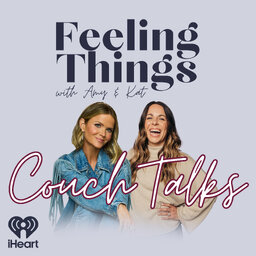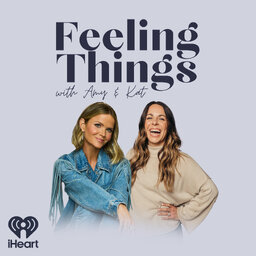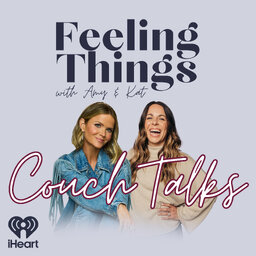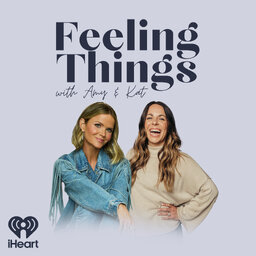5 Lessons from Grief, Brain Hacks for Focus, Finding Closure, & a Game-Changing Parenting Tip
Amy covers 4 totally different things!
First Thing: A heartfelt email from a listener sharing five lessons grief has taught after unexpectedly losing her husband.
Second Thing: Brain exercises to boost concentration, beat distractions, and strengthen memory.
Third Thing: Why we crave closure, why we can get stuck in the “why” trap, and how shifting our mindset can help us heal, move forward, and reclaim our peace.
Fourth Thing: A game-changing tip for parents or co-parents This episode is a mix of heartfelt and practical…hope you enjoy it!
HOST: Amy Brown // RadioAmy.com // @RadioAmy
Feeling Things with Amy & Kat
Feeling Things with Amy & Kat is a podcast for anyone who’s ever had feelings—or wants to. Hosted by…Social links
Follow podcast
Recent clips

Midlife Crisis or Just Feeling Meh? (Couch Talks)
24:30

Meeting Ourselves Where We Are (F-Bombs and Feelings)
1:00:50

The Guilt of Not Showing Up Like You Used To — Without Owing Everyone Your Whole Story (Couch Talks)
28:59
 Feeling Things with Amy & Kat
Feeling Things with Amy & Kat
